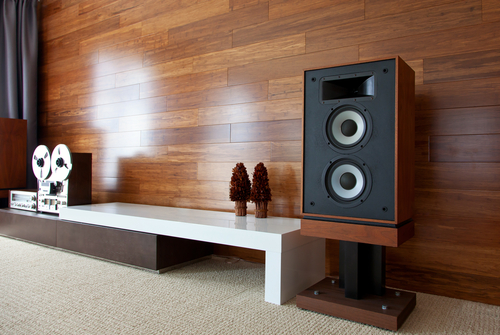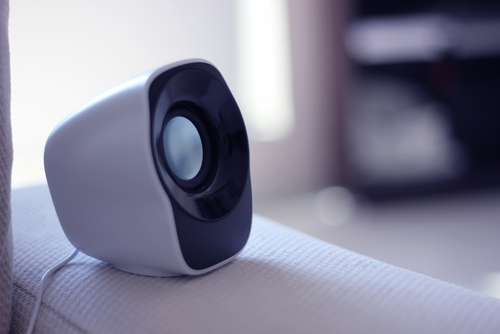Some might argue the next best thing to seeing something is to hear it for ourselves. This is especially the case in terms of home entertainment. People buy expensive television sets and screens just to make sure scenes feel as realistic as possible. Likewise, people love to make sure the audio systems they have are capable of making them feel like they’re there. If you’re looking into getting a new entertainment set for your home, the perfect audio system is something to consider. What should you consider when buying it, though?
Your Perfect Audio System: The Factors To Consider
The arrival of streaming media and digital music has slowly begun to transform just how consumers approach watching movies and listening to music. Home audio systems that normally feature high-fidelity speakers are starting to be made into less expensive and more compact products.
Building an entertainment set isn’t exactly an easy thing to accomplish, especially if you’re now on the step that involves choosing an audio system for that set. Here are some ideas to help you get started:

Remember that budget is still a thing you have to check:
If you can’t pay your electricity bills, then there’s no way for you to listen to an amazing audio system. When you buy an audio system remember to always take your budget into consideration. Just how much are you willing to shell out for that audio system? Set a hard line on your budget before you start searching.
Consider who will use the audio system and what sort of entertainment they need:
Audio systems in general “boost” the impact of sound on someone. This much is true. However, perceptions of audio systems will vary especially depending on the kind of person using them. A music enthusiast will have different perceptions of an audio system compared to the audio system given as a gift for 6-year-old girls. Try to assess just what kind of music the audio system’s receiver will listen to, so you can gauge the kind of complexity a system needs. In-wall speakers or bookshelf speakers can suit a passive listener who just wants to appreciate good sound. Meanwhile, floor-standing speakers or monitors might work for someone who really has an ear for music.
Check the kind of space that the audio system will be located:
Sound travels all around space, which means acoustics play a huge role in quality. A good rule of thumb is that sound quality is directly proportional to both room size and speaker size. This means that small speakers work best with small rooms and vice versa.
Aesthetics and overall environment affect sound quality:
Like with the room space, the objects inside the room can affect the acoustics of your speaker. If your room is compact with a lot of solid surfaces like furniture, a good speaker can’t produce good sounds. That’s why audio systems aren’t recommended to be placed in corners as they bounce off them in a bad way. If you fear as though your audio system might look horrible, a lot of them actually come in rather gorgeous designs, so they may be a good fit for any room.
Make sure the parts of the system actually match each other:
You might think that getting an amplifier and some speakers would do the trick for an audio system, but this isn’t necessarily the case. Try making sure your amplifier is capable of handling your speaker’s impedance or resistance to electrical signals. A lot of amplifiers are capable of handling 8-ohm impedance speakers. Anything lower would risk ruining both the speakers and amplifiers when used with high volumes.
Sensitivity and synergy matters with volume and strength:
Speakers have something called sensitivity, which simply describes how loud they can play per watt. Low-sensitive speakers need more power to play higher volumes, and vice versa. 89 to 100 dB per watt sensitivity is on the high end of the spectrum, and 80 to 88dB per watt sensitivity is on the lower end. Likewise, you also need to observe just how speakers “play” music. Punchy, laid back, or bright (with treble emphasis) speakers tend to affect music differently. For instance, “bright” speakers paired with bright receivers may give off a bright sound not everyone would like. Pairing these with an amplifier that sounds mellow can help mitigate this factor.
The Best Home Audio System Depends On Your Needs
Music enthusiasts aren’t the only ones who can benefit from an audio system. Film enthusiasts, entertainment geeks, or people who plainly want the best for their homes and loved ones can benefit from a good audio system that gives them the truest quality of sound they can expect. The above factors hopefully help you zero in on the kind of audio system you can provide your home, especially when it comes to the many demands of consumers nowadays when it comes to quality entertainment.



Share your thoughts